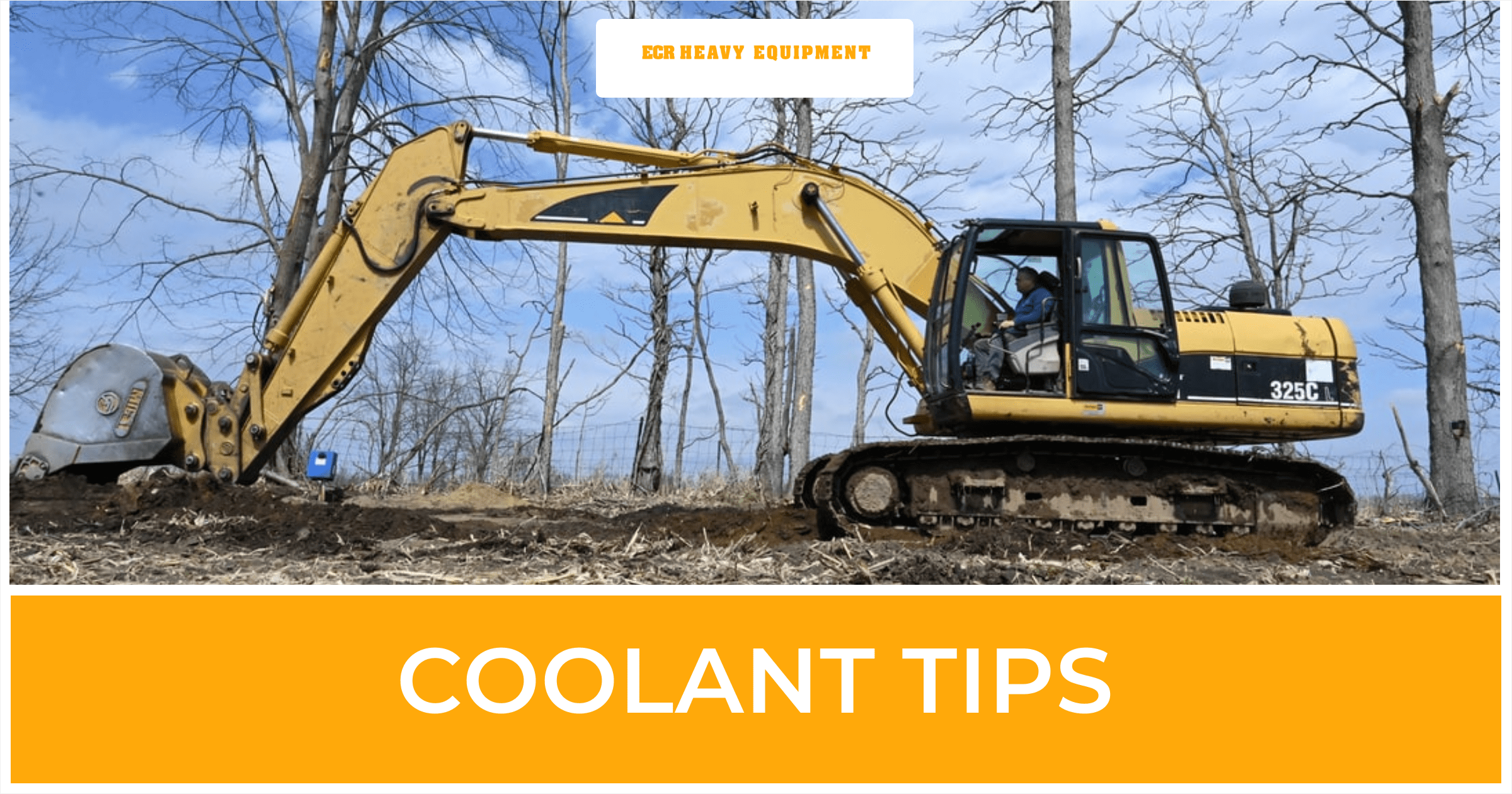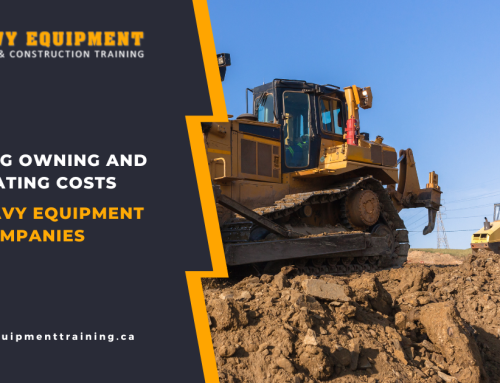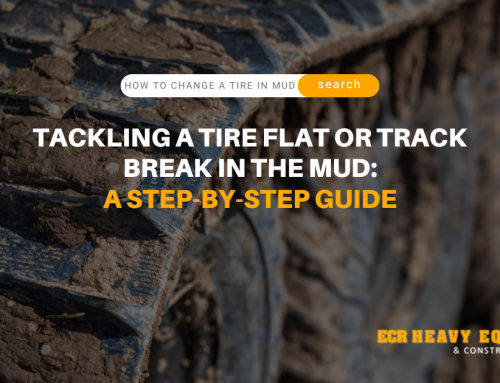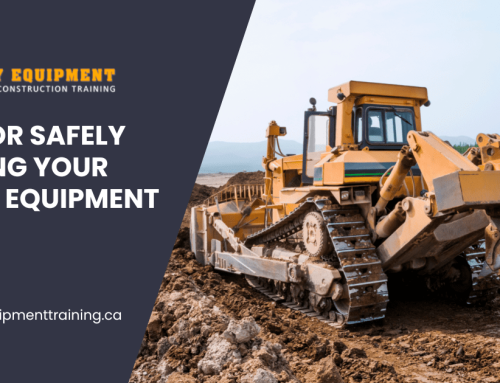The need for coolant in your heavy equipment cannot be overstated. It helps to prevent things like freezing, corrosion, cavitation, and rust, all things that can wreak havoc on your machine. So what do you need to know about coolant for your equipment? Read on to find out.
What IS engine coolant?
Engine coolant, also known as antifreeze, is mixed with water to keep your vehicle’s radiator from freezing when it’s cold and overheating when it’s hot. Nearly all heavy-duty antifreeze is about 95% ethylene glycol and 5% water and additives. By mixing glycol with various ratios of water, coolant is created. All of these additives fight rust, scale, and corrosion but may have different chemical compositions. In diesel engines, the additives also protect wet cylinder sleeves from cavitation.
What coolant should be used?
Make sure that the coolant you choose for your diesel engine complies with ASTM standard D-6210. This should be stated plainly on the packaging. The coolant should be prediluted so there’ll be no need to add any water. Once you choose an antifreeze type, avoid mixing it with other types.
How do I maintain coolant?
Coolant is one of those things that would need to be replaced once it’s run its life. Keep an eye it with a few tests. First, a periodic visual test. Check the colour of the coolant. It should be clear, which will indicate no rust is present, and that it hasn’t mixed with another antifreeze type.
Do you have questions about heavy equipment training? Let us know! We’d love to hear from you!








